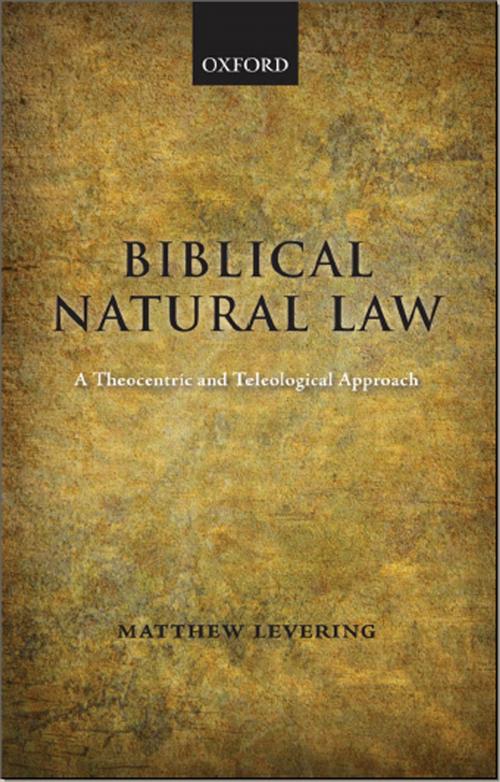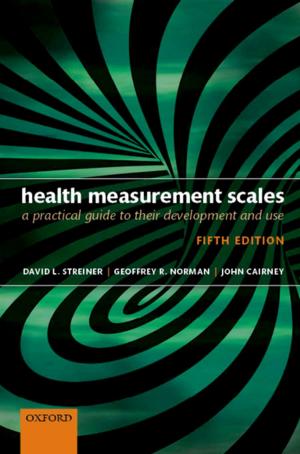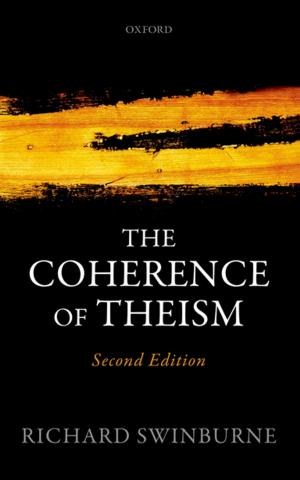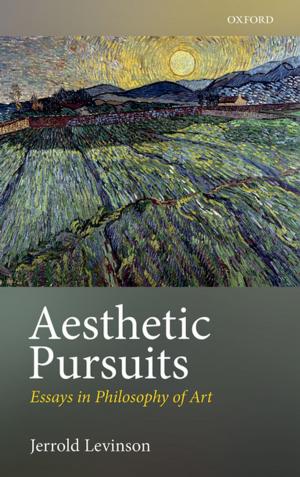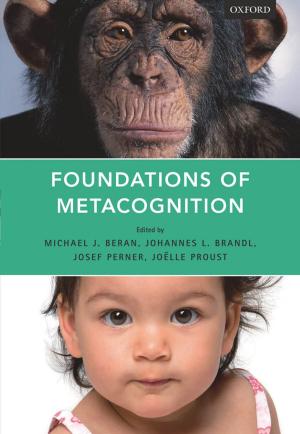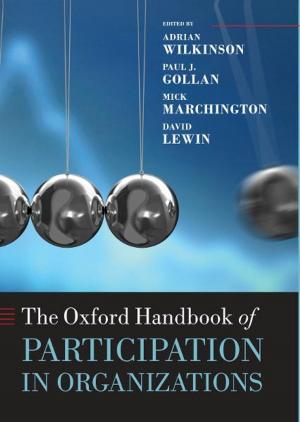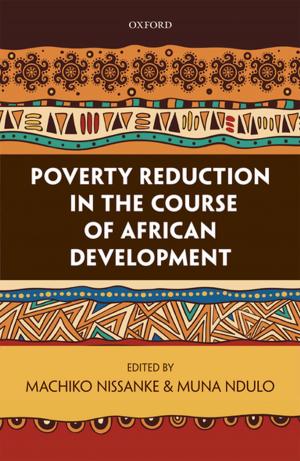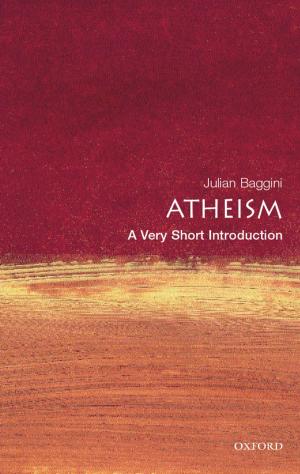Biblical Natural Law
A Theocentric and Teleological Approach
Nonfiction, Reference & Language, Law, Religion & Spirituality, Philosophy| Author: | Matthew Levering | ISBN: | 9780191609008 |
| Publisher: | OUP Oxford | Publication: | March 20, 2008 |
| Imprint: | OUP Oxford | Language: | English |
| Author: | Matthew Levering |
| ISBN: | 9780191609008 |
| Publisher: | OUP Oxford |
| Publication: | March 20, 2008 |
| Imprint: | OUP Oxford |
| Language: | English |
Natural law theory is controversial today because it presumes that there is a stable 'human nature' that is subject to a 'law.' How do we know that 'human nature' is stable and not ever-evolving? How can we expect 'law' not to constrict human freedom and potential? Furthermore if there is a 'law,' there must be a lawgiver. Matthew Levering argues that natural law theory makes sense only within a broader worldview, and that the Bible sketches both such a persuasive worldview and an account of natural law that offers an exciting portrait of the moral life. To establish the relevance of biblical readings to the wider philosophical debate on natural law, this study offers an overview of modern natural law theories from Cicero to Nietzsche, which reverse the biblical portrait by placing human beings at the center of the moral universe. Whereas the biblical portrait of natural law is other-directed, ordered to self-giving love, the modern accounts turn inward upon the self. Drawing on the thought of St. Thomas Aquinas, Levering employs theological and philosophical investigation to achieve a contemporary doctrine of natural law that accords with the biblical witness to a loving Creator who draws human beings to share in the divine life. This book provides both an introduction to natural law theory and a compelling challenge to re-think current biblical scholarship on the topic.
Natural law theory is controversial today because it presumes that there is a stable 'human nature' that is subject to a 'law.' How do we know that 'human nature' is stable and not ever-evolving? How can we expect 'law' not to constrict human freedom and potential? Furthermore if there is a 'law,' there must be a lawgiver. Matthew Levering argues that natural law theory makes sense only within a broader worldview, and that the Bible sketches both such a persuasive worldview and an account of natural law that offers an exciting portrait of the moral life. To establish the relevance of biblical readings to the wider philosophical debate on natural law, this study offers an overview of modern natural law theories from Cicero to Nietzsche, which reverse the biblical portrait by placing human beings at the center of the moral universe. Whereas the biblical portrait of natural law is other-directed, ordered to self-giving love, the modern accounts turn inward upon the self. Drawing on the thought of St. Thomas Aquinas, Levering employs theological and philosophical investigation to achieve a contemporary doctrine of natural law that accords with the biblical witness to a loving Creator who draws human beings to share in the divine life. This book provides both an introduction to natural law theory and a compelling challenge to re-think current biblical scholarship on the topic.
